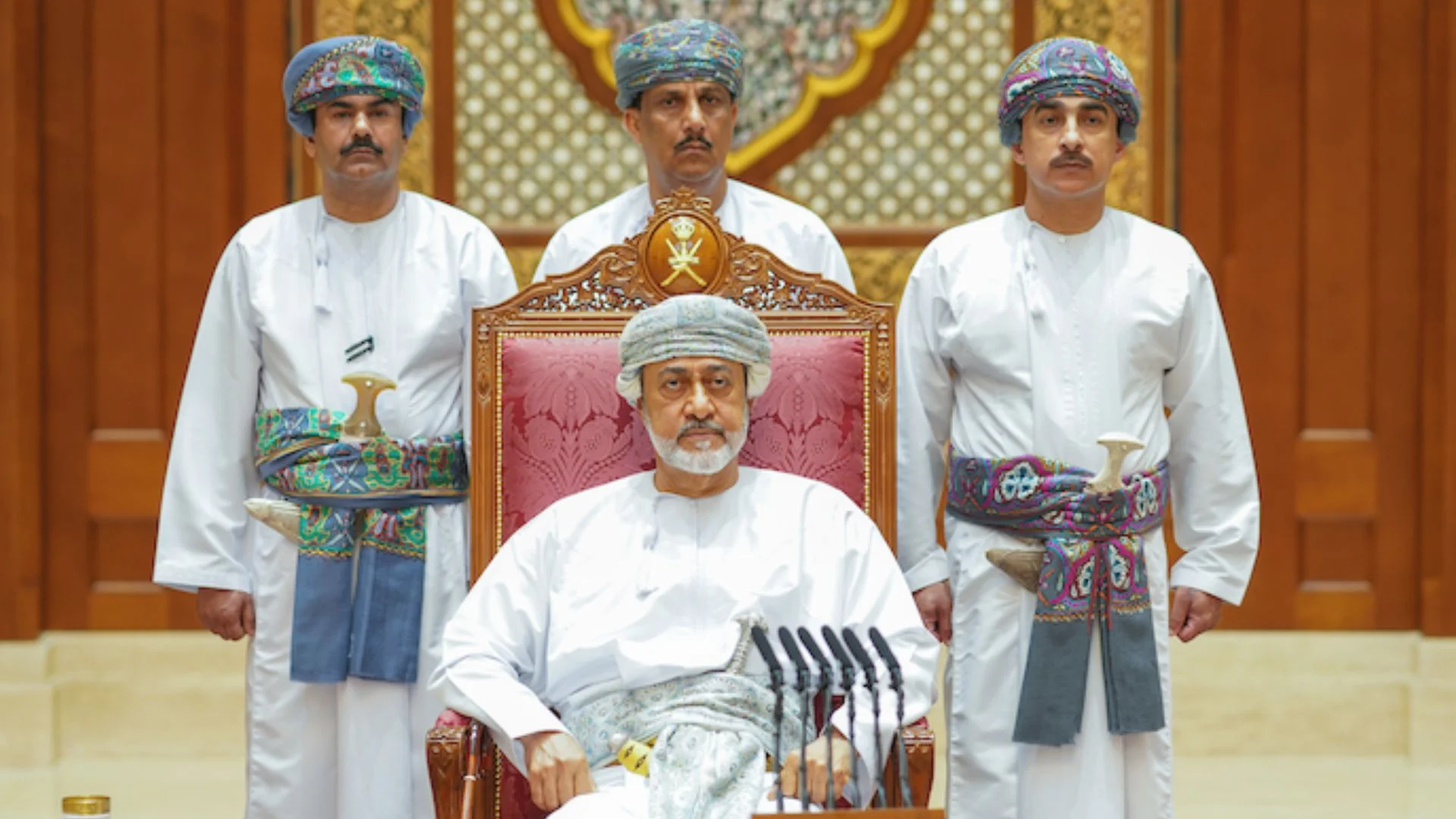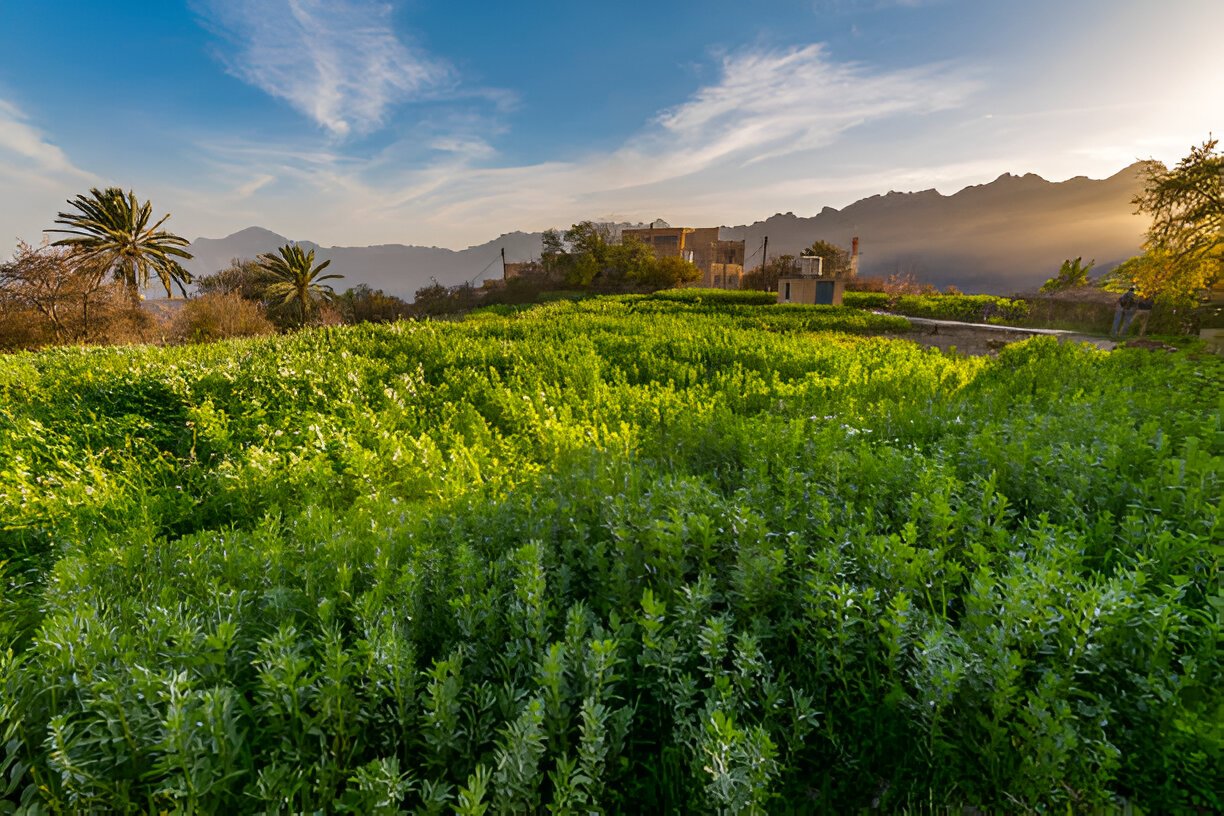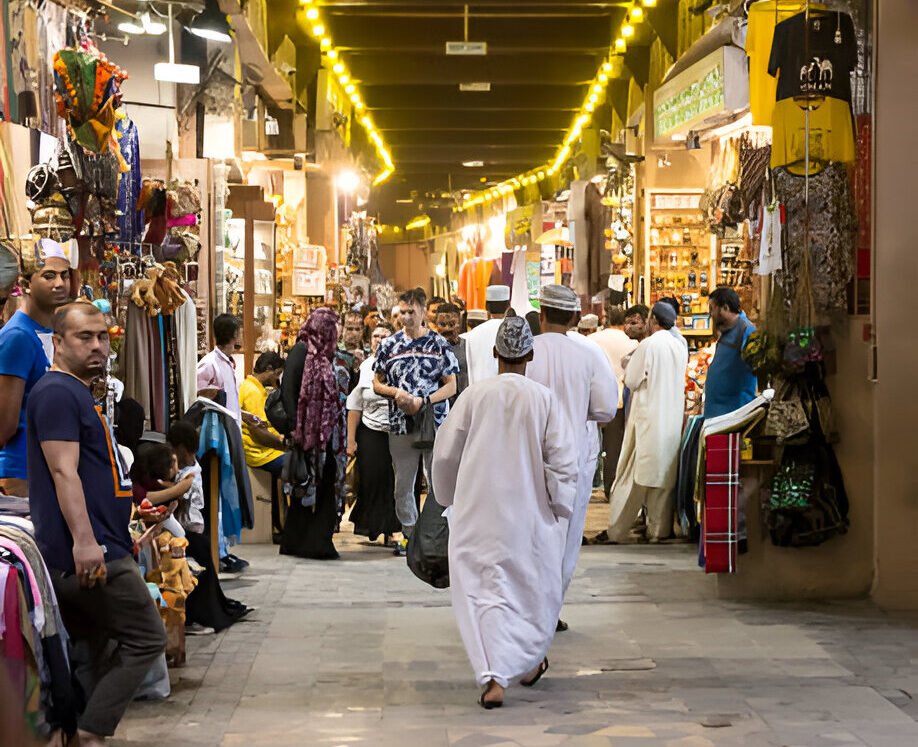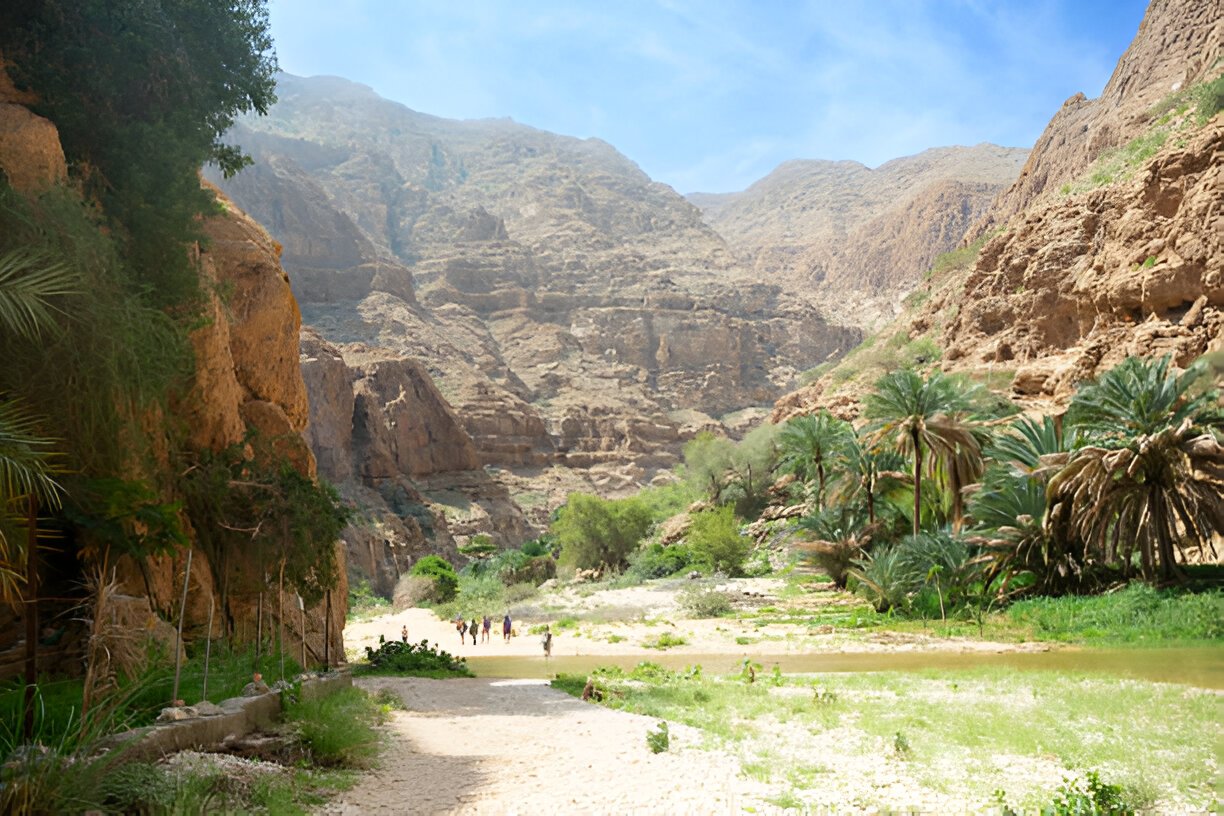

Oman, a country renowned for its rich heritage and traditions, owes much of its cultural preservation to the commitment of the Royal Family of Oman. The Al Said dynasty, which has ruled Oman for over two centuries, has played a pivotal role in safeguarding the nation’s cultural identity amidst the tide of modernity and globalization. This blog explores the significant contributions of the Royal Family of Oman in preserving and promoting Omani culture, highlighting their efforts in maintaining traditional practices, supporting cultural institutions, and fostering national pride.
To understand the current role of the Royal Family of Oman in preserving Omani culture, it’s essential to consider the historical context. The Al Said family has been a stabilizing force in Oman since the early 19th century. Sultan Said bin Sultan, who ruled from 1804 to 1856, was instrumental in consolidating the country’s territorial integrity and initiating a period of stability that allowed Omani culture to flourish. His successors have continued this legacy, ensuring that cultural traditions remain a central aspect of Omani life.
One of the most visible ways the Royal Family of Oman has contributed to the preservation of Omani culture is through the promotion of traditional arts and crafts. Oman’s rich heritage of weaving, pottery, silverwork, and calligraphy is preserved and celebrated through various initiatives spearheaded by the Royal Family of Oman.
The Royal Family of Oman has been instrumental in supporting traditional Omani craftsmen. Sultan Qaboos bin Said, who ruled from 1970 to 2020, was known for his patronage of artisans and their crafts. His initiatives included funding workshops and training programs aimed at reviving and sustaining traditional skills. Under his reign, the Ministry of Heritage and Culture was established, focusing on preserving Omani arts and crafts.
Oman hosts several cultural festivals that showcase its traditional arts and crafts. These festivals, often sponsored or endorsed by the Royal Family of Oman, include the Muscat Festival and the Salalah Tourism Festival. These events provide a platform for artisans to display their work and educate the public about the significance of traditional crafts.
Oman’s architectural heritage is another area where the Royal Family of Oman has made significant contributions. The country’s traditional architecture, characterized by its distinctive mud-brick houses, forts, and palaces, is a testament to its rich cultural history.
The Royal Family of Oman has been actively involved in the restoration and preservation of historical buildings. Sultan Qaboos bin Said’s vision for preserving Oman’s architectural heritage led to numerous restoration projects. One notable example is the restoration of the Al Jalali and Al Mirani forts in Muscat. These forts, which date back to the 16th century, were carefully restored to their former glory, ensuring that they remain a symbol of Oman’s historical and cultural identity.
In addition to restoring historic buildings, the Royal Family of Oman has supported the preservation of traditional building techniques. Workshops and training programs have been established to pass on these techniques to new generations, ensuring that the knowledge and skills required to maintain traditional Omani architecture are not lost.
The Royal Family of Oman has also played a crucial role in fostering national pride and cultural awareness among Omanis. This is achieved through various initiatives that celebrate Omani history, traditions, and values.
Education is a key area where the Royal Family of Oman has made significant contributions to cultural preservation. Schools and educational programs emphasize the importance of Omani history and traditions. Sultan Qaboos bin Said established several institutions aimed at educating young Omanis about their heritage, including the Sultan Qaboos Cultural Center and the Omani Heritage and Culture Center.
National celebrations and commemorations are important for fostering a sense of unity and pride among Omanis. The Royal Family of Oman is actively involved in these events, which often include traditional music, dance, and festivals. For example, the annual National Day celebrations not only mark the anniversary of Sultan Qaboos bin Said’s accession to the throne but also serve as a platform to celebrate Omani culture and heritage.
The Royal Family of Oman’s support for cultural institutions has been instrumental in preserving Omani culture. Various museums, libraries, and cultural centres receive funding and support from the Royal Family, ensuring that they can continue to operate and serve as repositories of Omani history and culture.
Oman boasts several museums and galleries that showcase its rich cultural heritage. The Sultan Qaboos Grand Mosque Museum, the National Museum of Oman, and the Bait Al Zubair Museum are just a few examples of institutions that have received support from the Royal Family of Oman. These museums play a vital role in preserving and displaying artefacts, documents, and artworks that represent Omani culture and history.
In addition to museums, cultural centers and libraries play a crucial role in preserving Omani culture. The Royal Family of Oman has supported the establishment of cultural centres such as the Oman Convention and Exhibition Centre (OCEC) and the Sultan Qaboos Library. These institutions serve as hubs for cultural exchange, research, and preservation, providing resources for scholars, researchers, and the general public.
Traditional practices and festivals are an integral part of Omani culture. The Royal Family of Oman’s support for these activities ensures that they continue to be an important part of Omani life.
Oman’s traditional festivals, such as the Eid al-Fitr and Eid al-Adha celebrations, are supported and promoted by the Royal Family of Oman. These festivals are marked by various cultural activities, including traditional music, dance, and cuisine. The Royal Family’s involvement in these events helps to highlight the importance of preserving Omani traditions and customs.
Omani folklore and performing arts are also supported by the Royal Family of Oman. Traditional music and dance forms, such as the Al-Bar’ah dance and the Al-Khaleeji music, are celebrated through various events and performances. The Royal Family’s patronage of these art forms ensures that they continue to be practised and appreciated by new generations.
One of the key challenges is balancing tradition with modernity. As Oman continues to develop and modernize, there is a risk that traditional practices may be overshadowed. The Royal Family of Oman plays a crucial role in ensuring that modernization does not come at the expense of Omani culture. Initiatives that blend traditional values with modern advancements can help preserve cultural heritage while accommodating progress.
Engaging the younger generation in cultural preservation is another challenge. While the Royal Family of Oman’s educational initiatives have been successful, there is a need for continued efforts to involve young Omanis in cultural activities. Programs that integrate traditional practices into modern education and entertainment can help foster a sense of cultural pride among the youth.
The Royal Family of Oman has played an indispensable role in preserving and promoting Omani culture. Through their support for traditional arts and crafts, architectural heritage, cultural institutions, and national pride, they have ensured that Oman’s rich cultural heritage continues to thrive. As the country faces the challenges of modernization and globalization, the Royal Family of Oman’s ongoing commitment to cultural preservation remains a beacon of hope for maintaining Oman’s unique identity and heritage.
By celebrating and supporting Omani traditions, the Royal Family of Oman not only preserves the past but also secures the future of Omani culture. Their efforts serve as a reminder of the importance of cultural heritage and the role of leadership in preserving it for future generations.
Never miss any important news. Subscribe to our newsletter.







